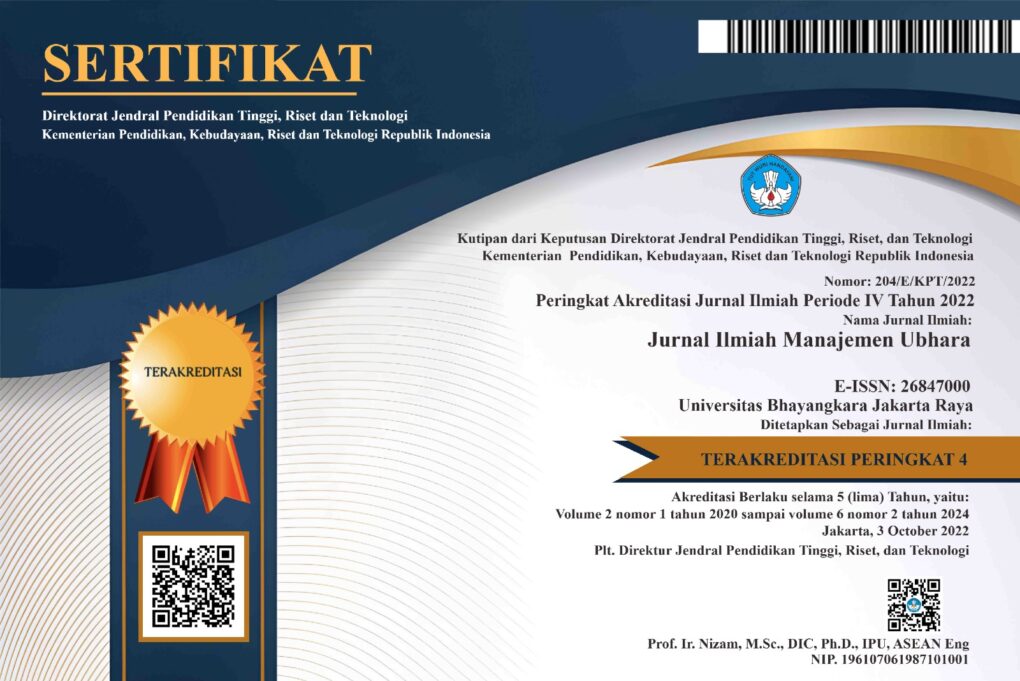The Role of Halal Certification, Product Quality, and Process Innovation on the Purchase Interest of MSME Culinary Products in Belitung
DOI:
https://doi.org/10.31599/asjdbn74Keywords:
halal certification, product quality, process innovation, purchase interest, culinary MSMEs, BelitungAbstract
Purpose – This study aims to examine the influence of halal certification, product quality, and process innovation on consumer purchase interest in culinary Micro, Small, and Medium Enterprises (MSMEs) in Belitung. The research seeks to determine which of these three factors exerts the most significant impact on consumer behavior, particularly within the context of a predominantly Muslim island economy undergoing tourism development.
Design/methodology/approach – A quantitative, explanatory approach was employed using a structured questionnaire distributed to Muslim consumers who had purchased from culinary MSMEs in Belitung. Data were collected from 160 respondents, meeting the minimum sample size requirement based on the number of indicators. Multiple linear regression analysis using SPSS was conducted to test the individual and simultaneous effects of halal certification, product quality, and process innovation on purchase interest.
Findings – The findings reveal that all three variables—halal certification, product quality, and process innovation—have significant and positive influences on purchase interest. Among them, process innovation shows the strongest influence (Beta = 0.195), followed by product quality (Beta = 0.090) and halal certification (Beta = 0.081). The regression model is statistically significant; however, it explains a modest 5.7% of the variance in purchase interest, suggesting that other factors may also contribute to consumer behavior in this context.
Research limitations/implications – The study is limited by its geographic focus on Belitung and its exclusive sampling of Muslim consumers, which may affect the generalizability of findings to other regions or mixed-religion markets. The modest R² value indicates the need to explore additional variables such as price sensitivity, digital literacy, or tourism influence in future research.
Practical implications – The results offer practical guidance for culinary MSMEs and local policymakers in Belitung, emphasizing the importance of investing in process innovation, maintaining consistent product quality, and simplifying halal certification processes. These strategies can enhance consumer trust and support the growth of the halal culinary sector as part of Belitung’s broader tourism economy.
Originality/value – This study contributes to the literature by integrating halal certification, product quality, and process innovation within the Theory of Planned Behavior and Consumer Perceived Value frameworks, specifically in the underrepresented island context of Belitung. It provides both theoretical and actionable insights for MSME development and halal ecosystem enhancement in regional Indonesia.
Downloads
Downloads
Published
Issue
Section
License
Copyright (c) 2025 JIMU (JURNAL ILMIAH MANAJEMEN UBHARA)

This work is licensed under a Creative Commons Attribution 4.0 International License.






_-_Copy1.jpg)
